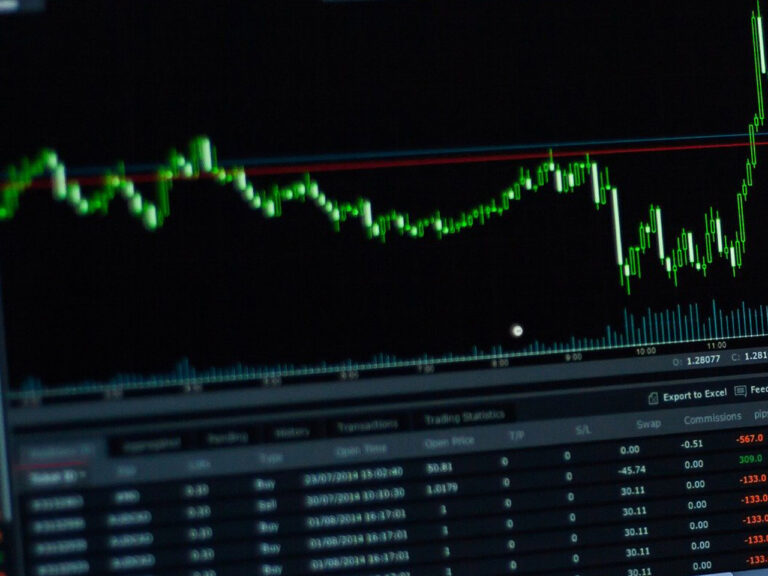Vistry Group PLC (VTY.L), a stalwart in the United Kingdom’s residential construction industry, presents investors with a unique blend of challenges and opportunities. With a market capitalization of $2.09 billion, the company is a notable player in the consumer cyclical sector, directly influenced by economic fluctuations. Founded in 1885 and based in West Malling, Vistry Group has a rich heritage, previously known as Bovis Homes Group PLC until its rebranding in January 2020.
The company’s current stock price stands at 637.4 GBp, reflecting a marginal decrease of 0.02% on the day. This price movement places it near the midpoint of its 52-week range of 510.80 to 966.50 GBp, suggesting a period of consolidation after some volatility. Investors should note the slight potential downside of -1.05% based on the average target price of 630.71 GBp, indicating that the stock might be slightly overvalued in the near term.
Valuation metrics reveal a complex picture. With a forward P/E ratio of 899.47, the stock appears significantly overvalued based on future earnings projections. This high ratio might be a red flag for value investors, prompting them to scrutinize the assumptions underlying these forecasts. Additionally, other valuation metrics such as PEG Ratio, Price/Book, and Price/Sales are unavailable, making it challenging to conduct a comprehensive valuation analysis.
Performance metrics highlight some areas of concern. Vistry Group has experienced a revenue contraction of 5.10%, coupled with a modest return on equity of 1.11%. Nevertheless, the company’s free cash flow remains robust at approximately $254 million, providing a solid financial cushion and flexibility for strategic investments or debt management. The reported earnings per share (EPS) of 0.11, while modest, indicate that the company remains profitable amidst challenging market conditions.
Dividend-seeking investors might be disappointed with Vistry Group, as the company currently offers no dividend yield and boasts a payout ratio of 0.00%. This absence of dividends might deter income-focused investors, though it could suggest a reinvestment strategy aimed at bolstering long-term growth.
The consensus among analysts is mixed, with 3 buy ratings, 10 hold ratings, and 4 sell ratings. This distribution points to a cautious sentiment, with many analysts recommending holding positions rather than aggressive buying. The target price range of 450.00 to 773.00 GBp further underscores the uncertainty surrounding the stock’s future performance.
Technical indicators provide additional insights. The stock’s 50-day and 200-day moving averages are 627.30 GBp and 610.69 GBp, respectively, suggesting that the stock is trading slightly above these averages, which could indicate a potential upward trend. However, the extremely low RSI (14) of 10.84 signals that the stock is in oversold territory, which might present a buying opportunity if market conditions stabilize.
Vistry Group’s journey in the residential construction sector is marked by resilience and adaptation. While current metrics present a mixed outlook, the company’s historical foundation and strategic decisions could pave the way for future growth. Investors should weigh the potential risks against the opportunities, considering both macroeconomic factors and sector-specific dynamics before making investment decisions.






































